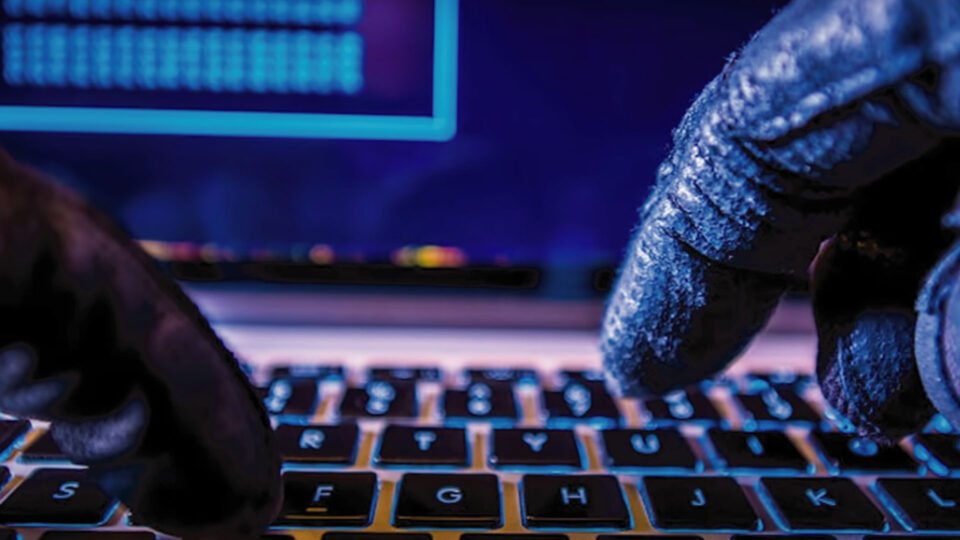Increasingly, criminal hackers are not just trying to get into someone’s computer, but also into the minds of the user. By playing on someone’s emotions, they might try to get them to part with their money. However, state actors also try to manipulate public opinion via cyber attacks, warned several speakers on Tuesday and Wednesday during the ONE Conference in The Hague, Europe’s prime cybersecurity event.
The solution is to make users more resilient. That can also be achieved with technical improvements, such as tightening security requirements for new software. Businesses should also be able to practise what employees should do in the event of a cyber attack, in the same way as evacuation exercises are regularly held at the office, speakers advised.
This human perspective is now often forgotten, was the conclusion at the ONE Conference about cybersecurity in The Hague. But that will change, among other things due to an extensive coalition of the most promising economic sectors (Top sectors), which will join forces with the government to speed up work on methods and technologies to enable safer working online. With a start investment of 23 million euros, businesses and the government will innovate together to develop new solutions improving security, among other things to protect patient data and the IT systems of logistics chains.
Collaboration is not just good for expanding knowledge, it also speeds up the development of solutions.
In her keynote on Wednesday, Cristin Goodwin from Microsoft explained that foreign nations that embark on hacking not only target government or company data or vital infrastructure. Most hack attempts are aimed at civilian targets, such as email accounts and cloud storage of thinktanks, consultancies and NGOs. She therefore emphasised that digital hygiene, such as the use of strong passwords, is a ‘national security priority’ for the public.
That is becoming increasingly important because nations not only use cyber attacks in the context of information warfare. Anna Chung from Palo Alto Networks says that merely causing anxiety among the public can be an important goal for a state hack attack. This may not be a very sophisticated attack, but merely hacking a government website and adding a threatening message. For an insider, that may not be too serious, says Chung. “But most citizens think: ‘a hack is a hack’; they don’t see the difference.”
The general advice to society is therefore to seriously implement the basic measures adopted by the National Cyber Security Centre. “Two-factor authentication at login stops many attacks,” says director Hans de Vries of the NCSC.
Visit AITechPark for cutting-edge Tech Trends around AI, ML, Cybersecurity, along with AITech News, and timely updates from industry professionals!

